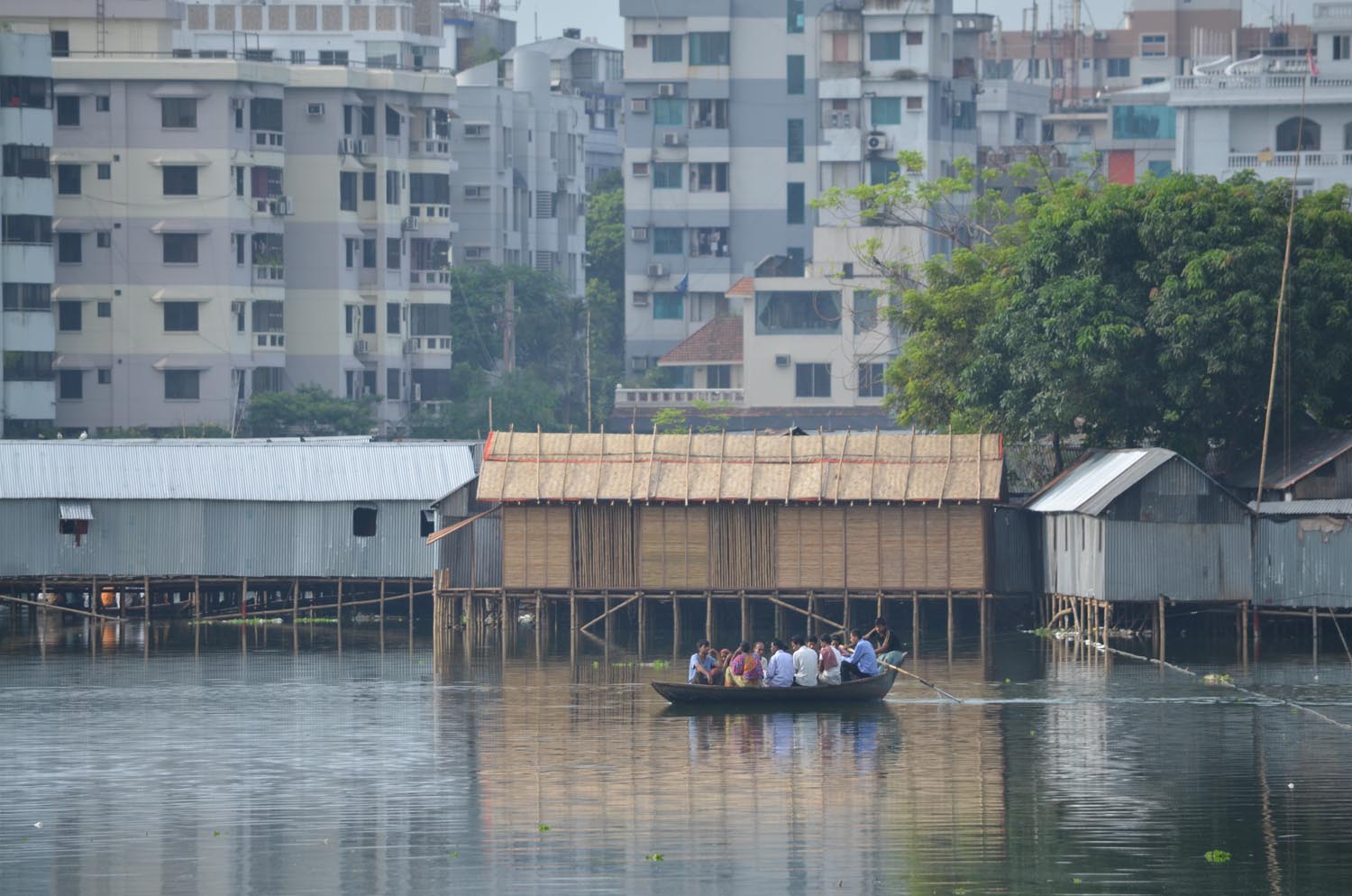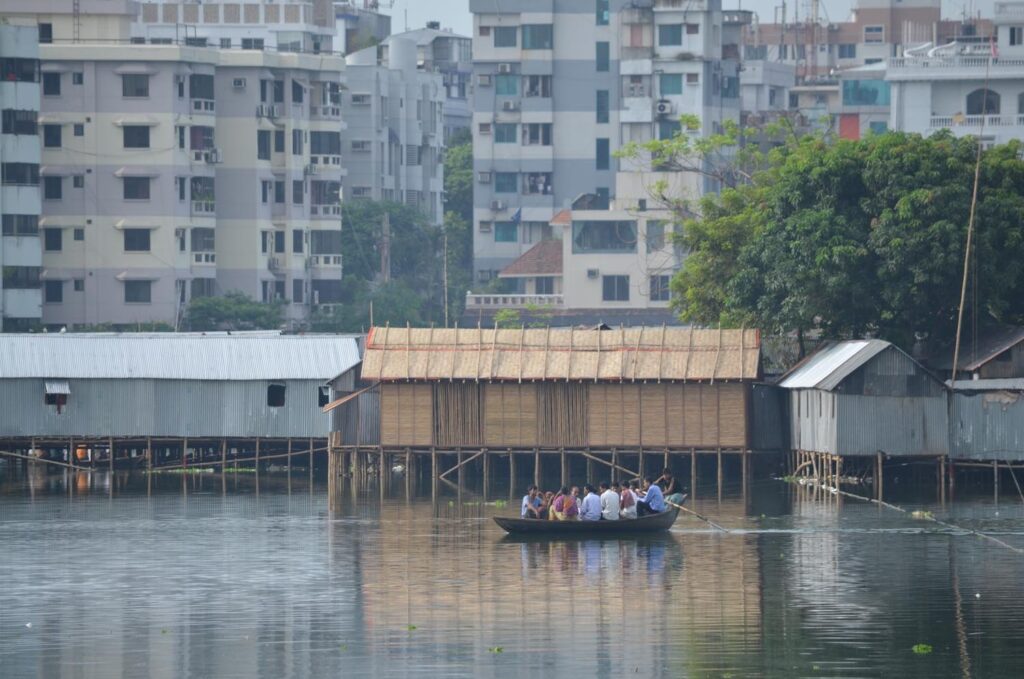Bangladesh seeks global support to restore Dhaka’s waterbodies


DHAKA, Dec 6, 2024 (BSS) – Environment, Forest and Climate Change Secretary Dr Farhina Ahmed has called for financial and technical assistance from the International Union for Conservation of Nature (IUCN) to establish a Blue Network in Dhaka city.
She made the call during a bilateral meeting with Dr. James Dalton, Director of IUCN’s Global Water Programme, held on the sidelines of the UNCCD COP16 in Riyadh of Saudi Arabia, on Thursday, according to a message received here today.
Farhina said this initiative aims to restore the city’s rivers, canals, and waterbodies, addressing pressing challenges like pollution and encroachment.
She stressed the need for a Comprehensive River Health Assessment System to monitor and enhance the ecological condition of rivers across Bangladesh.
The environment secretary said Dhaka’s urban water system, once the city’s lifeline, is under severe strain due to pollution, encroachment, and climate change.
Collaborative efforts and global support are essential to restore these waterbodies and incorporate those into sustainable urban planning, she said.
In response, Dr. Dalton of the IUCN invited Bangladesh to join the Freshwater Challenge partnership program, which involves 47 nations and the European Union.
The programme aims to restore 300,000 km of rivers and 350 million hectares of wetlands globally by 2030, he said.
He highlighted that Bangladesh’s participation would align with its national freshwater restoration goals and contribute to the UN Decade on Ecosystem Restoration (2021-2030).
Earlier in the day, Dr Farhina addressed a High-Level Interactive Dialogue on Sustainable Agri-Food Systems.
She emphasised the need for a supportive global framework to promote sustainable and inclusive agricultural practices in climate-vulnerable countries like Bangladesh.
She focused on transitioning to agri-food systems that ensure food security while respecting environmental boundaries is critical.
Integrating land, water, and biodiversity conservation in agricultural planning is key to achieving this goal, she added.
The Bangladesh delegation included Dr. Abdul Hamid, Director General of the Department of Environment (DoE); Dr. Md. Sohrab Ali, DoE Additional Director General (CC); and Rubina Ferdoushy, Deputy Secretary (Environment-1) of the Ministry of Environment, Forest and Climate Change.

